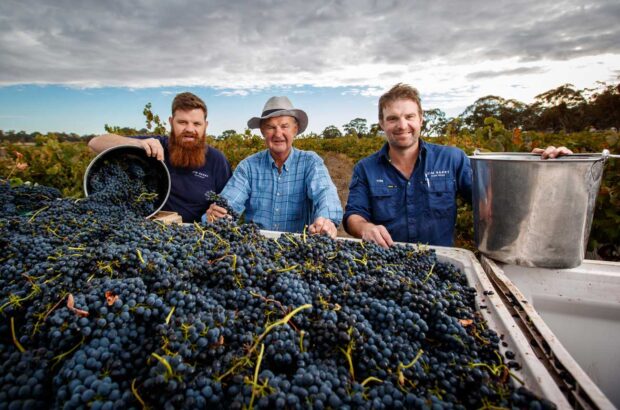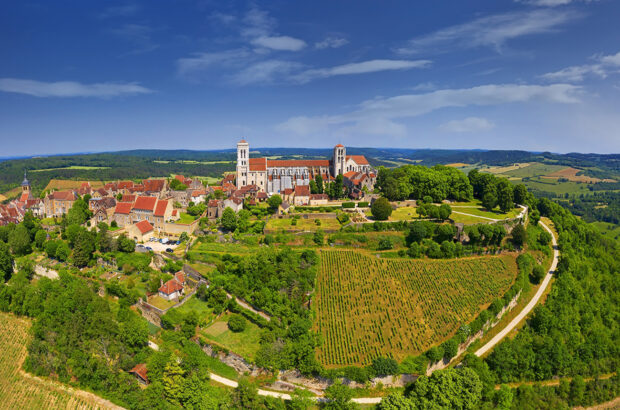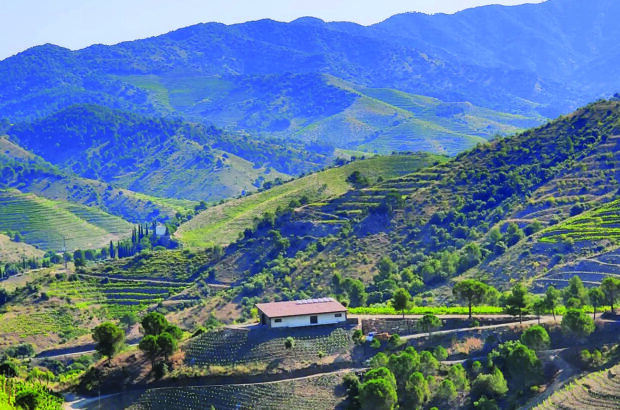Andrew Jefford briefly considers the implications of treating Champagne and other protected terms as simply 'common-name products'.
Most mornings, before dawn or after, I tune into Farming Today on BBC Radio 4.
A recent interview with Shawna Morris, vice president of trade policy for the US Dairy Export Council, made me choke on my tea (Twinings Vintage Darjeeling, 92 points, note on application).
She brightly suggested that one of the advantages Britons might like to seize, on leaving the EU, was the chance to abandon European name-protection legislation. ‘Our issue is, frankly, overreach,’ she complained of the existing system.
Champagne and Cognac (as well as Parma ham and what she called ‘Parmegian’) were, Morris suggested, examples of ‘common-name products’ whose names should be free for all to use, claiming that protection of such names by the EU was akin to someone ‘trademarking the name “sausage” or “oyster’”.
Post-Brexit, English sparkling wine producers, in other words, could call their wines Champagne. Julian Temperley might consider renaming his Somerset Cider Brandy as Somerset Cider Cognac.
Almost as dismaying as her argument was the fact that the interviewer dozily failed to challenge these suggestions, or to ask whether she accepted that there was a difference between a common noun and a place name.
During a year in which Britain’s proposed disengagement from Europe kicks other political challenges into the outfield, and in which the US President vaunts tariffs and protectionism as a means of righting trade imbalances, it’s worth considering the value of European-inspired geographical name protection (PDO or Protected Designation of Origin, and PGI or Protected Geographical Indication).
This notion came into being in the wine world first of all – after decades of abuse and the destruction of livelihoods caused by passing off one product as another with an intrinsic, quality-based reputation. If you’d bought a bottle of ‘Champagne’ in the first decade of the 20th century, you might have been consuming fermented juice pressed from Languedoc, German or Spanish grapes – even, if rumour is to be believed, from English rhubarb. The riots that ensued from this fraud, in what was still a miserably poor area of France, saw Aÿ burnt in 1911. Finding a legal framework for Appellation d’Origine Contrôlée (AOC) was subject to many false starts and revisions; the first (A for Arbois) was awarded in May 1936.
The system has been so successful that, in terms of the basic tenets of geographical indication (rather than production legislation), it’s now almost universal in the wine world, and a creator of value for producers everywhere. It’s revolutionised food production, too, helping quality producers maintain the margins for survival and protecting vulnerable local specialities.
I’m (just) old enough to remember a little of what the British wine trade was like prior to Britain’s entry into the European Economic Community in 1973. I still have a wine label from one of the bottles I trustingly bought in Norwich in 1972. It says ‘Châteauneuf-du-Pape. Grand Vin de Bourgogne’ – and was probably neither. Today’s Chinese consumers suffer in much the same way, though in this case it’s fraudulent brands rather than fraudulent GIs that tend to be the cause.
At root, the issue is about truth-telling in commerce. The only route to value (for the producer, for the consumer; value both pecuniary and moral, objective and affective) lies in truth, legally supported and policed. Once you start to tell lies about a bottle of wine or piece of cheese, value begins to erode and will, sooner or later, be entirely lost.
That’s why the cheese casually called ‘Cheddar’ around the world is often a ghastly purchase: we failed long ago to protect this geographical name, and it surrendered all meaning and value. (Not so for West Country Farmhouse Cheddar, whose PDO has helped it retain savour.) Rather than disengaging, as suggested by Morris, in 2018 Britain should reinforce its engagement to this precious European achievement. Will it?
See more Andrew Jefford columns on Decanter.com
Read more magazine articles from our July 2018 issue












